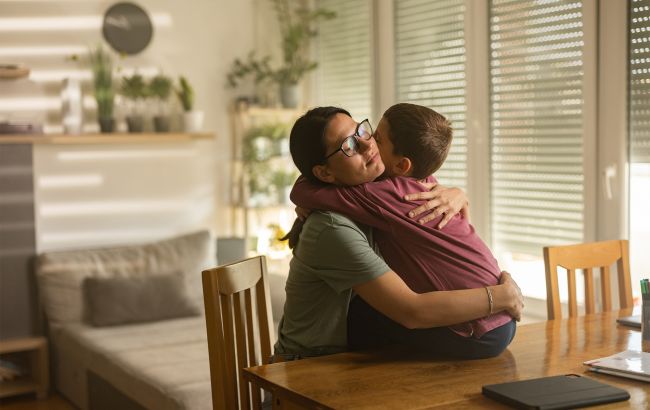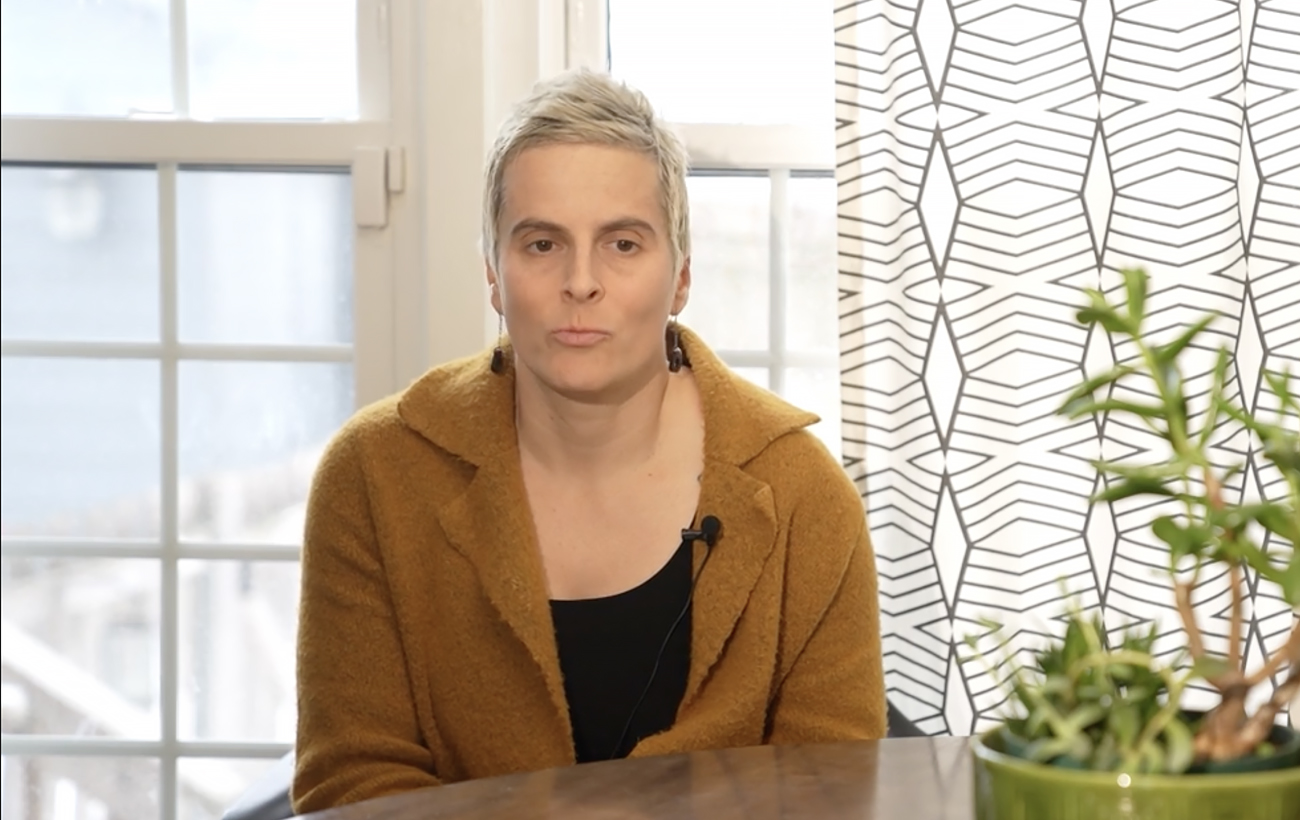Iowa parents relinquish custody as the only way to get mental health care for their children
 Iowa parents relinquish custody to secure mental health care for their children (Illustrative photo: Getty Images)
Iowa parents relinquish custody to secure mental health care for their children (Illustrative photo: Getty Images)
In Iowa, parents are being forced to choose between losing custody of their children or watching them spiral without critical mental health care, reports USA Today.
When Nina Richtman’s teenage son began setting fires inside their home, she realized she had exhausted every possible option to help him.
Despite countless therapies, crisis interventions, and special education support, nothing stopped his escalating behavior.
"It was incredibly hard to admit to myself that I was at the end of the road, that I could not do any more as one parent trying to help him," Richtman said. "There wasn't anything else to do there; we just tried everything."
 Nina Richtman shares her experience seeking mental health services for her son (Photo: https://www.youtube.com/)
Nina Richtman shares her experience seeking mental health services for her son (Photo: https://www.youtube.com/)
After applying to 21 residential treatment facilities, and getting rejected from all of them, Richtman gave up custody so her son could receive care through the state system.
"I was willing to take this step to avoid (the criminal justice system), because I just did not want that for him," she said. "But it was not a decision that I took lightly. It was not something I wanted to do."
Iowa officials acknowledge that more families are resorting to this extreme measure, not because of abuse or neglect, but because the system offers no alternative path to treatment.
"I’ve seen this repeatedly throughout the years," said Kim Scorza, head of the Crittenton Center. "Families reach a certain breaking point, and they just don't know what else to do or where else to go."
A system that fails the most vulnerable
State data shows that in 2023, at least 23 children entered foster care solely because their parents were no longer able to manage their mental health needs.
According to Kelly Garcia, Iowa HHS Director, "We are hard pressed right now to find concrete, long-term solutions… as a nation, we are really struggling with this particular issue, especially with youth."
Behavioral health leaders describe the children’s conditions as increasingly severe, with some engaging in violent outbursts or self-harming in extreme ways.
"We’re beyond our clinical skills or even our human understanding of what maybe some of these kids need," said Janee Harvey of Iowa HHS.
Meanwhile, parents like Nicole Woodley had to go through court proceedings just to secure safe placements for her two adopted sons, after being denied insurance coverage and facing six-month waitlists.
With no unified path to care, Iowa parents are left to make the unthinkable decision between keeping their children — or saving them.
This desperate situation unfolds amid a broader national crisis, as recent federal cuts to child care assistance programs have left many American families financially overwhelmed. As resources shrink and support systems collapse, parents face increasingly limited options in ensuring their children's safety and wellbeing.
This material is for informational purposes only and should not be used for medical diagnosis or self-treatment. Our goal is to provide readers with accurate information about symptoms, causes, and methods of detecting diseases. RBС-Ukraine is not responsible for any diagnoses that readers may make based on materials from the resource. We do not recommend self-treatment and advise consulting a doctor in case of any health concerns.

